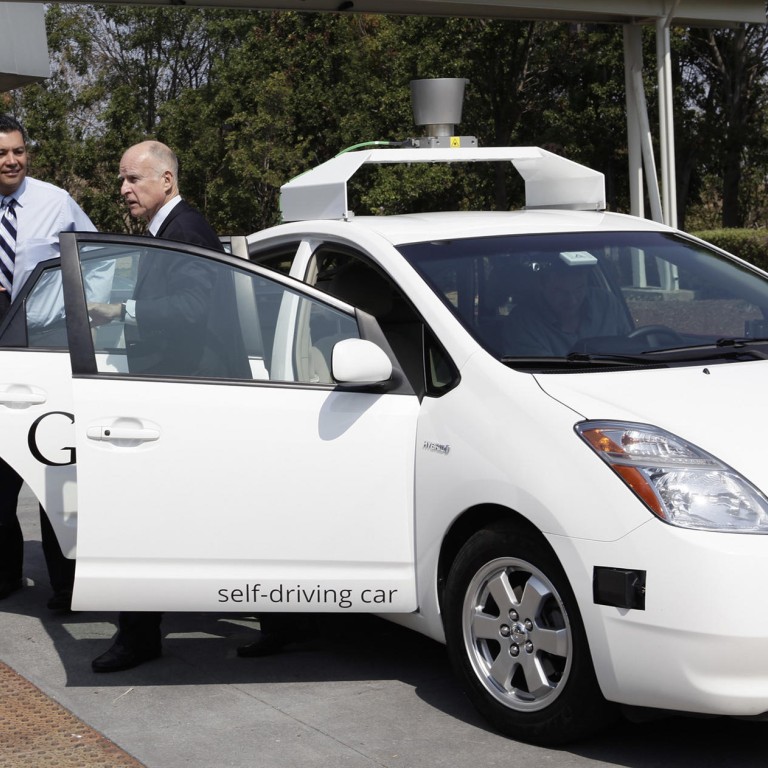
The rapid pace of technology is hollowing out the middle class
In the book The New Division of Labor: How Computers Are Creating the Next Job Market, the authors reckoned routine tasks would be handled by computers while more complex tasks would be the domain of humans.
In the book the authors reckoned routine tasks would be handled by computers while more complex tasks would be the domain of humans. The book was written in 2004 and one "complex" task the authors cited was driving a car through traffic. But in 2010 Google announced its driverless car and successfully demonstrated it.
For Andrew McAfee, principal research scientist at the Massachusetts Institute of Technology, this signalled a turning point in thinking about technology. "We had moved so fast from a world where this was not going to happen to a world where this had clearly happened," he told delegates at the CLSA Investor Forum yesterday. The upshot was his book co-authored with Erik Brynjolfsson, .
The authors argue that the impact of technology on particularly the US economy is underestimated. Since the end of the second world war, the health of the US economy could be gauged by considering real GDP, labour productivity, private employment and median household income. The four indicators more or less moved in lockstep for three decades after the war. In the '80s median wages began to decouple from the rest and in the early 21st century jobs started to tighten. Meanwhile, productivity and real GDP maintained a higher trajectory. This they attribute to increased spending by employers on computers and technology rather than workers. Corporate profits have never been higher but the returns for labour are getting lower. And we now have machines that can diagnose breast cancer faster and more efficiently than highly trained doctors. Machines are now capable of unsupervised learning.
The pace of digital encroachment into what used to be human skills has profound implications. Not least of which is the hollowing out of the middle class. A large stable middle class was important for building a prosperous, healthy and stable society, says McAfee. But what happens when the middle class comes under pressure? "I can't tell a happy story about that," he says, adding that he thinks it's going to be a major challenge for countries around the world.
What then does the future hold? More digital innovation. The people who can master the technology and the data - the geeks - will continue to astonish us with their creations.
"After that things get quite unclear to me."
Bryan Curtis, the presenter of RTHK's excellent early morning finance and business programme, , bowed out with his last show on Wednesday.
Curtis, who was also head of Radio 3 since 2002 and has led the station's English programming services since 2005, recently turned 60 and has to retire to comply with civil service rules. He will be missed since the show's success was very much dependent on his informed and relaxed approach to business and finance, which made it accessible and easy to listen to. Most of the show comprises unscripted discussions with the guest finance specialists, which is fine if the presenter gets it right but will lead to the programme's listeners reaching for the "off'" switch if it falls flat.
RTHK has undertaken to keep the programme going until Christmas with Reenita Malhotra Hora as presenter and will assess its progress. It seems bizarre that the government radio station in the world's third biggest financial centre should struggle to sustain a credible English-language finance programme.

